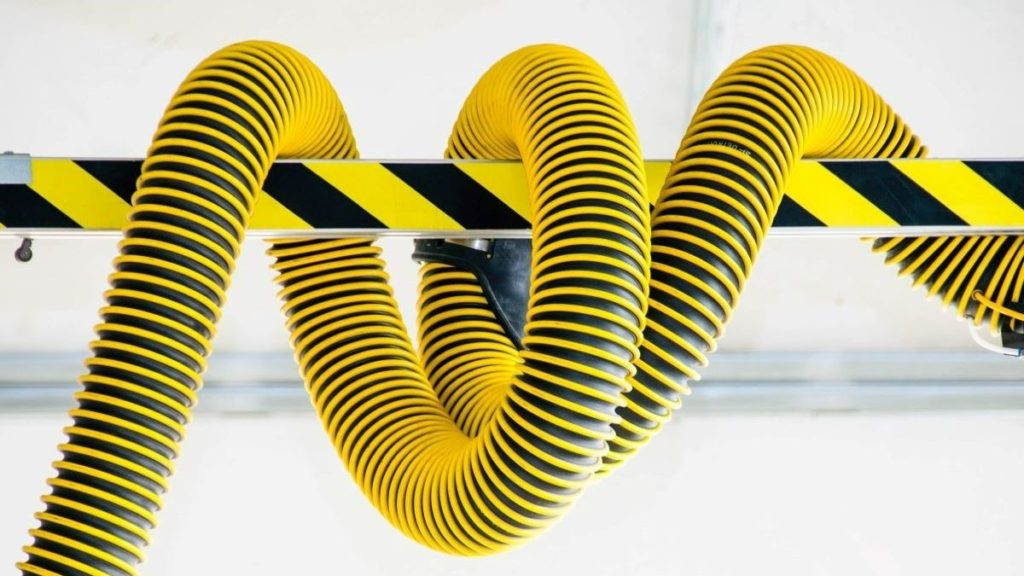Does Your Business or Home Need a Backup Generator?
When it comes to storms, natural disasters or just plain old failure at your local power grid – it’s small businesses that are the most vulnerable and effected. Larger companies may have another location keeping up operations while the affected site is shut down or even have their own backup generator. This is not necessarily true for your average small business.
So Do You Need One?
We feel small business owners should take all available precautions to protect themselves and their livelihood from the dangers of external events. Failure to plan for emergency power outages can result in lost business due to the inability to reach or interact with customers, temporary (sometimes long-term) closure of the store or loss of inventory.
What can you do to protect yourself?
You might want to invest in a commercial-grade standby generator to make sure that business operations can run smoothly and without interruption, during any type of event or emergency situation.
How do you choose a backup generator?
Before jumping in and buying a standby generator for your business, it’s best to do a quick inventory of the factors inside your business that need to be constantly powered. For example, if you run a restaurant, you are going to want to keep your refrigeration units running, at the very least. In the event of a storm, even if people are not going to be visiting your establishment, you will not want to risk all your food spoiling.
How can you save money?
If you just don’t have the budget for a large backup generator, you may want to buy a smaller unit. Perhaps you simply need a generator to keep your security system running during a disaster or power outage. This way, in the event of looting or other theft, your operation is still safe and secure.
Only you know your business and what your power needs are so you will need to take an assessment and determine what type of back up you need at a minimum and then buy a generator that can handle that load.
Proper Operation
As with a residential standby generator, you should be consulting your building codes before installation, depending on your area. You should always follow the manufacturer’s instructions and never be shy about asking questions of your retailer or licensed electrician – this is going into your business, you should know how to operate and maintain it at a base level. It’s better to attain all the necessary information at the beginning than to enter a frenzy trying to find answers in the process of an emergency situation.
Noise
The unfortunate side effect of generator use is a constant noise level – some models are louder than others. Take this into account when shopping for the right generator. Consider the placement your building allows for standby generators, and how loud it is likely to be inside your shop (if at all).
NOTE: Automatic generators tend to be quieter than a portable model so if that is a concern you may want to go the automatic route.
Capacity
A typical standby generator will not be enough to power a whole building, so you are going to need to find out your wattage requirements for your specific needs. Luckily, if you’ve already identified the things that need powering, this step should be relatively simple. Of course, you can always go bigger to power as much as you will need.
The truth of the matter is that without a standby generator, your business is always at risk. Emergencies don’t happen all the time, but you will want to be prepared for any that may occur.

